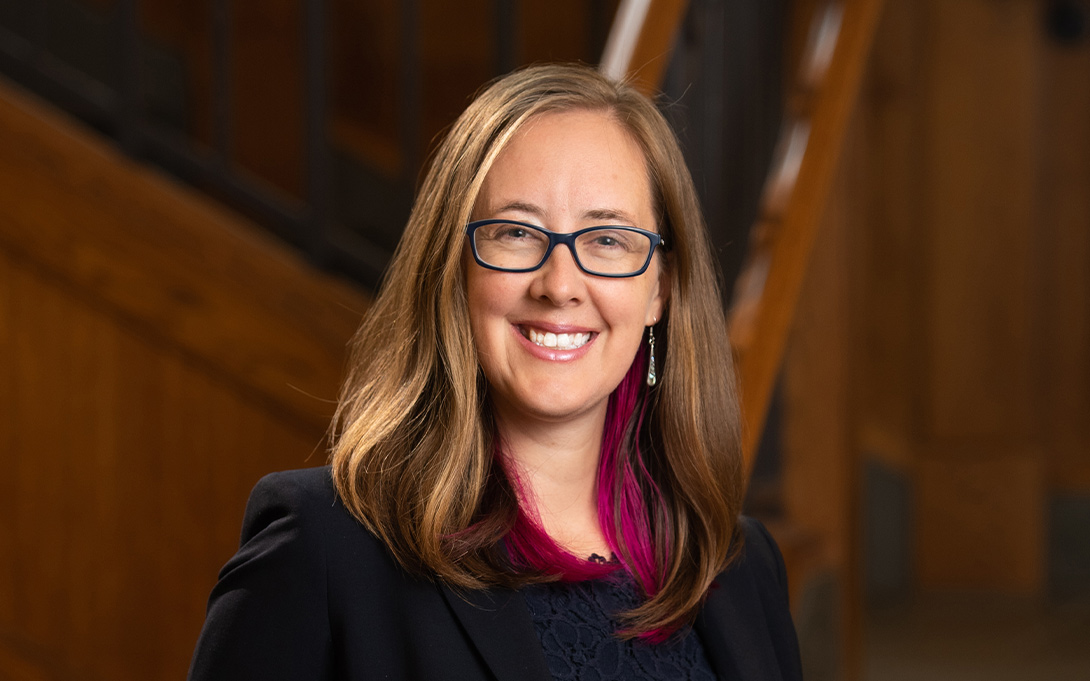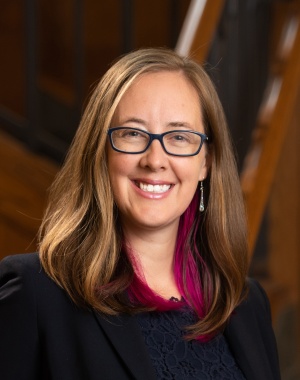
Without the efforts of these talented and dedicated public servants, our world would be a darker and more dangerous place."
Catherine Hausman
Choosing your favorite class to teach is a little like choosing your favorite kid. But near the top is an elective I offer most years, “Government Regulation of Industry and the Environment.” It’s a class where we aim to develop the tools and frameworks we need to address timely and difficult issues in energy and environmental policy: how to provide affordable utility services to households; the role of electricity markets in climate change; how to regulate methane leaks—and even what to do about satellite space trash in low earth orbit.
These are policy problems where companies, governments, and advocacy groups all have an important role to play. There’s tremendous social value in the role private companies play in generating the electricity that powers our homes and businesses, in delivering gas and electricity to heat our homes, and in developing new technologies for cleaner energy markets.
But it’s also clearly an area where government regulations play a crucial role. State regulators monitor our electricity prices to ensure that they are just and reasonable. Federal agencies place limits on the amount of pollution that electricity and natural gas markets can put into our air and water—limits that are constantly evolving with the best available research on public health and ecology. And federal programs push forward research and development efforts and new innovations in clean tech. Without the efforts of these talented and dedicated public servants, our world would be a darker and more dangerous place.
These issues are not easy. How do we design energy systems that keep prices affordable and help us decarbonize to protect our earth’s climate, all while maintaining reliable provision of the energy services on which much of our economic activity relies? Our class does not pretend to find silver bullets—instead, the key themes are difficult tradeoffs and deep uncertainties.
But I do know that students from my class, just like students from across our Ford School programs, go on to jobs in government, the private sector, and nonprofits. Wherever they end up, I know that their thinking is not siloed. They understand how these different sectors interact. And they have studied the issues through many lenses: economics, values and ethics, public management, data science, and more. Now more than ever we need these public servants, and we need everyone in our country to understand the value the public sector brings.
By Catherine Hausman, associate professor
More in State & Hill
Below, find the full, formatted spring 2024 edition of State & Hill. Click here to return to the spring 2024 S&H homepage.
